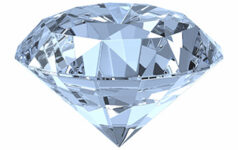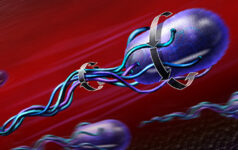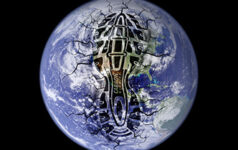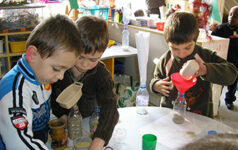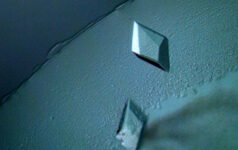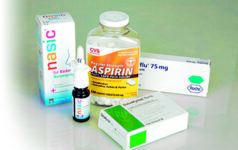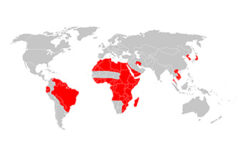Welcome to the eleventh issue of Science in School
Are you curious to find out what life will be like in a hundred years’ time? Or have you always fancied living in ancient Egypt? According to Jim Al-Khalili, it may one day be possible – or will it? Is time travel science fact or science fiction? Find out more in this issue’s feature…




